Inpatient Rehab for Marijuana Addiction
Marijuana addiction, also known as cannabis use disorder, is a subject that is gaining increasing attention in both medical and societal contexts.
While marijuana is often perceived as a less harmful substance compared to alcohol, nicotine, or opioids, it is not without risks of dependency.
According to studies, approximately 9% of those who use marijuana will become addicted, with that figure rising to about 17% for individuals who start using in their teenage years. As marijuana becomes more widely legalized and socially accepted, understanding the prevalence and impact of marijuana addiction in society becomes increasingly important.
What is Marijuana Addiction?
Understanding marijuana addiction requires a look into how the substance interacts with the brain and body. Marijuana has a component known as THC (tetrahydrocannabinol) that attaches to the brain’s cannabinoid receptors, resulting in the familiar “high” sensation. Over time and with regular use, the brain becomes reliant on marijuana to release specific neurotransmitters, leading to increased tolerance—meaning one needs more of the drug to achieve the same effects. As use continues, the brain’s natural ability to produce these neurotransmitters can diminish, leading to dependence.
Additionally, marijuana impacts areas of the brain responsible for memory, learning, and impulse control. Physically, marijuana can affect the lung’s heart rate and can induce feelings of paranoia or anxiety in some individuals. The development of addiction is a complex interplay of these factors, coupled with genetic predisposition and environmental triggers. Over time, as the body becomes more reliant on the substance, the individual may find it challenging to function without it, leading to the cyclical nature of addiction.
Signs and Symptoms of Marijuana Addiction

















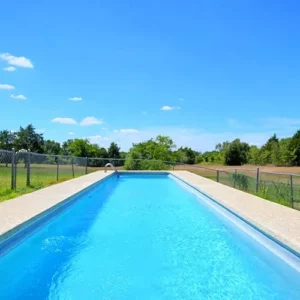
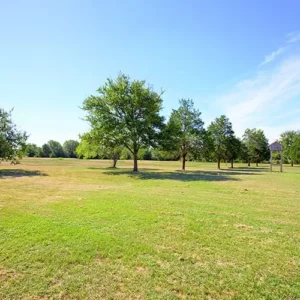
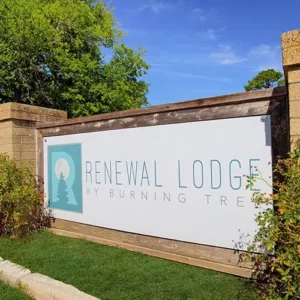
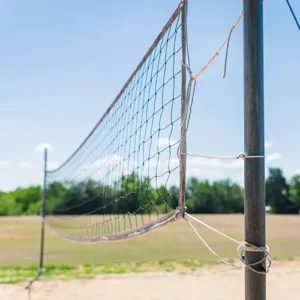
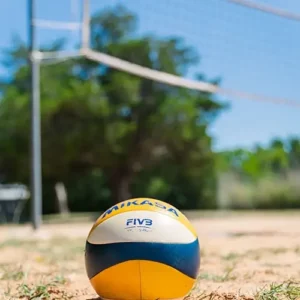
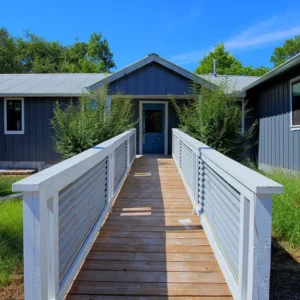
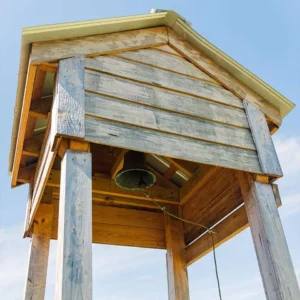
Treatment Options for Marijuana Addiction
Behavioral Therapies
Cognitive Behavioral Therapy (CBT) is one of the most commonly used approaches. It helps individuals identify triggers and patterns that lead to marijuana use and offers strategies to manage cravings and avoid relapse.
Dual Diagnosis Treatment
This is crucial for those who, in addition to marijuana addiction, are battling a mental health disorder. Dual Diagnosis Treatment concurrently addresses both conditions, ensuring a comprehensive recovery path that factors in the intertwined nature of co-occurring disorders.
12-Step Programs
Groups like Marijuana Anonymous use a spiritual approach based on the 12-step program originally developed by Alcoholics Anonymous.
Inpatient Rehabilitation
Our inpatient rehab facility offers a structured environment for detox and therapy for severe cases or where the individual also has other substance abuse problems.
Family Therapy
Addiction often affects more than just the individual. Family therapy including family members can be beneficial in providing additional social support and understanding the familial triggers and dynamics.
Holistic Therapies
Some clients find solace and effective support in alternative therapies, such as acupuncture, meditation, and yoga. These therapies often complement traditional treatment methods, offering a holistic approach to addiction recovery.
Marijuana Addiction Treatment at Renewal Lodge
Tackling marijuana addiction is a multi-layered challenge that often requires professional help for effective, long-term recovery. Renewal Lodge offers robust treatment options, from evidence-based behavioral therapies to holistic approaches, to cater to individual needs and circumstances. Our focus on comprehensive care aims to address the symptoms and identify and treat the underlying triggers for substance abuse.
If you or someone you know is facing challenges related to marijuana addiction, the time to act is now. Don’t let another day slip by without taking steps toward recovery. Reach out to Renewal Lodge to embark on the path to a healthier, more fulfilling life.


